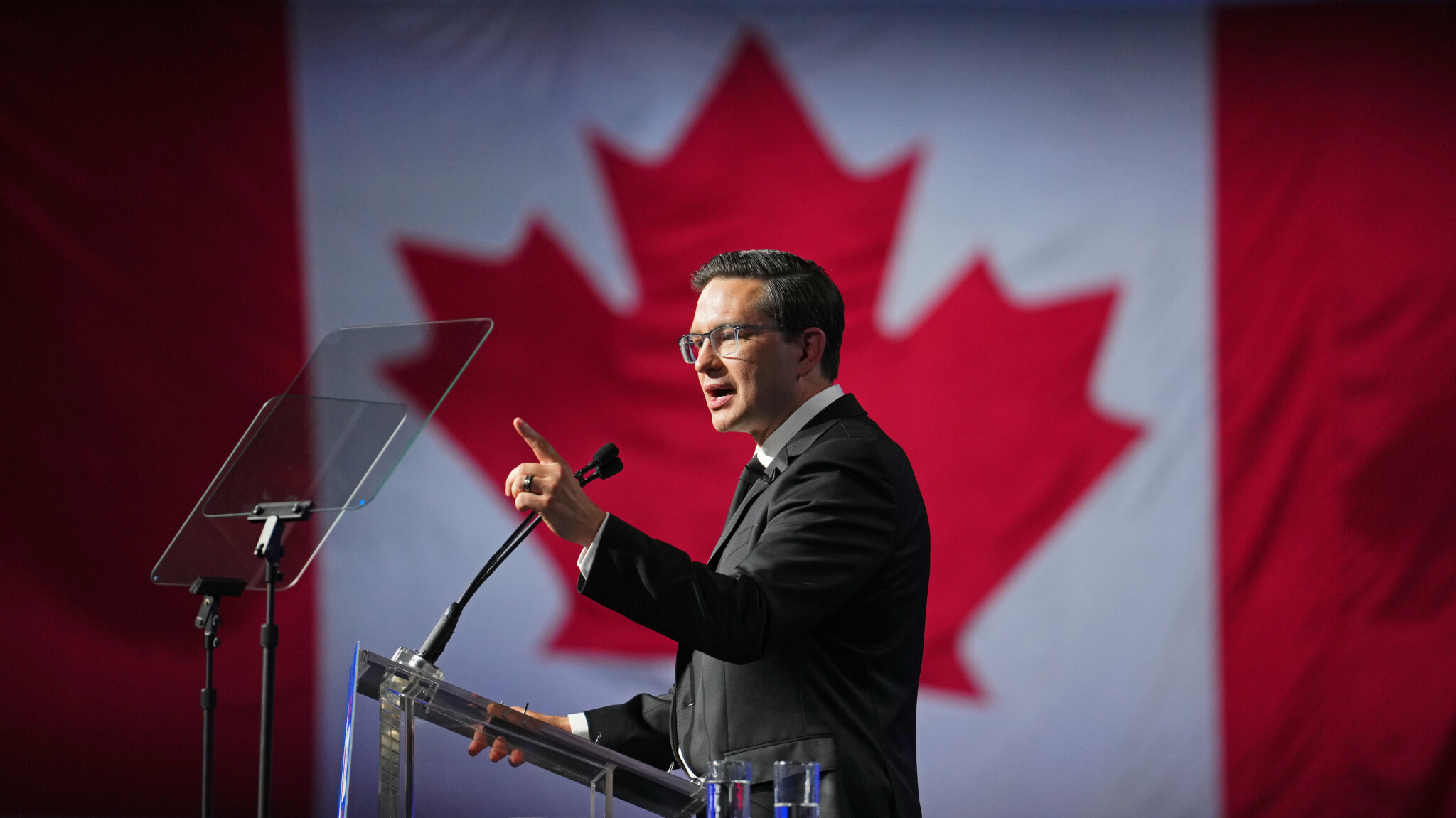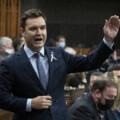Even if polls indicate that Canadians’ current political agitation is mostly motivated by economic concerns, there’s still a sense that there’s an underlying set of culture issues–what sometimes gets described as the “culture war”–that’s been at the backdrop of our politics over the past decade or so.
Culture bleeds into everything, including our economy and the shared spirit of Canada’s citizens. The Trudeau government has been happy to push its post-national narrative of the country, which rejects the historical and cultural concept of Canada and leaves nothing to be shared except some vague ideas and empty platitudes about how “diversity is our strength.”
It’s an inherently corrosive narrative made up of many moving parts. One of those is weakening Canada’s links with its past. Another is marginalizing the historic institutions that give it life.
If and when the Conservatives form the next government they’ll have to match their focus on strengthening Canada’s economy with a parallel commitment to pushback against Trudeau-era post-nationalism.
Take the recent decision in Alberta to rename the Fort Calgary historic site “The Confluence” to be more “inclusive.” Hub contributor Kelden Formosa correctly pointed out that the name change stripped it of anything unique to Calgary and made the important heritage grounds about as distinct as a condo development.
Or take another example from British Columbia, where the government is in the process of turning the Victoria’s Royal B.C. Museum (RBCM) into a historical apology instead of an institution of proper historical commemoration and engagement.
The RBCM once possessed some of the best immersive exhibits in Western Canada, including beautifully recreated 19th century B.C. towns and industry. Instead of maintaining them, the RBCM opted to disembowel them in the name of “inclusion.”
Within the museum’s galleries, representations of the “settlers” and the industries which were crucial to B.C.’s growth, like mining, logging, fishing, and agriculture are now framed in a villainous light. Bear in mind, these industries were where some of Canada’s first Punjabi and Chinese immigrants found work alongside Indigenous peoples and Europeans.
There was an opportunity to tell a more comprehensive story at the provincially funded RBCM without crudely dividing Canadians into “settlers” and “Indigenous,” which is nothing more than a progressive rebranding of “Cowboys and Indians.” Beyond ritually humiliating “settlers” upon their arrival in the exhibit, this sort of narrative has wider effects.








